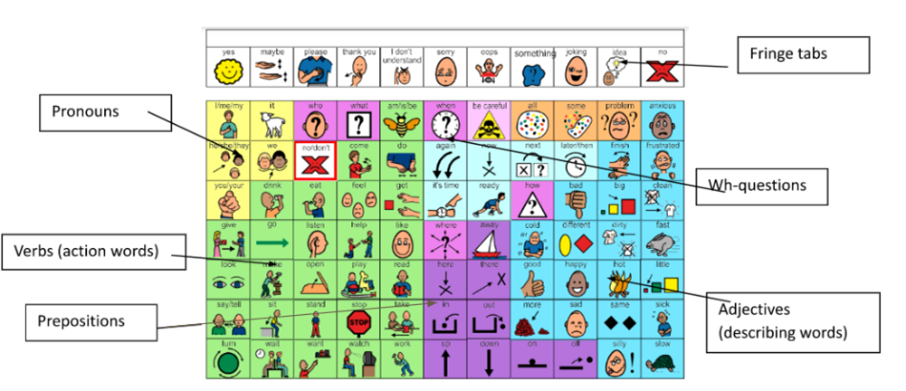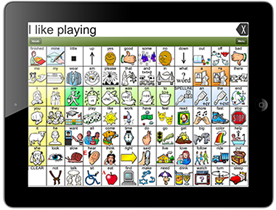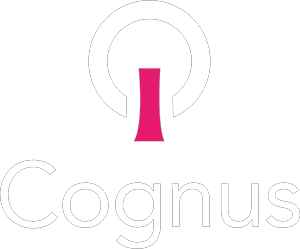Cognus Therapies are extremely excited to announce the beginning of a local level alternative and augmentative communications (AAC) service for the London Borough of Sutton, led by Speech and Language Therapy leads Tessa O’Brien and Rebecca Tinney. AAC systems offer an alternative to or can supplement (augment) spoken language and are essential systems for people who are non-speaking, minimally speaking or struggle to communicate effectively in some environments. Some autistic adults just prefer to use AAC over their own spoken voice!
Currently Specialist AAC Hubs funded by NHS England serve approximately 10% of the population across the age continuum that requires access to Augmentative Alternative Communication (AAC) systems across the country. For those that don’t meet the service’s entry criteria Local Level Services are expected to meet their need. Tessa and Rebecca have been working across the Sherwood Foundation School campuses over the past six years to trial a small scale AAC service for some of the children and young people in our borough with the most complex communication profiles. This service was initially funded by the SEND team on a case-by-case basis. Since February 2025, the AAC funding has been provided following successful Special Provision Capital Funding Bid. The primary aim for Special Provision Capital Funding is to enable local authorities to invest in providing new places or to improve existing provision for pupils and students with high needs across a range of different educational settings. The local authority determines how to best use the funding to meet local priorities and following a successful bid a pot of funding to set up and deliver an AAC service within Sutton Borough (Cognus Therapies) was awarded.
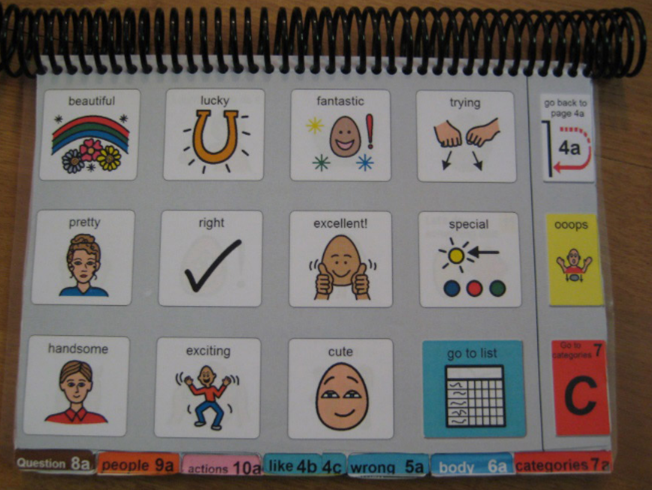
The aim of the Cognus Therapies Local Level AAC Service is to support the complex communication needs of learners in order to meet their education outcomes who A) do not meet specialist service criteria, B) who have an EHCP, and C) attend a Sutton School that is overseen by Cognus Therapies. An integral part of the service is also to provide training for selected Cognus Speech and Language Therapists to build their confidence in independently assessing, prescribing, and managing AAC systems in line with student’s EHCP provision. This year, we have had 12 Speech and Language Therapists attend our pilot project which consists of face-to-face training, contribution to shared learning, presenting a case study and participating in supervision across a 25-week period, concluding in January 2026. As a part of our service, we also aim to raise the profile of paper based and high-tech AAC and AAC users and support our colleagues both within and outside of Cognus to develop their confidence when communicating with AAC users. We are one of the first boroughs in England to introduce a local level AAC service of this kind, making this a daunting but equally exciting project! We would like to thank our colleagues at GOSH, Compass and CENMAC for their time and invaluable advice helping us to set up a very exciting service.
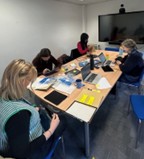
The key benefits of AAC include:
- Enhanced Communication: AAC offers alternative ways to communicate, providing a way for individuals to express themselves when spoken language is difficult or not yet developed.
- Reduced Frustration and Improved Behaviour: By giving a means to communicate, AAC can significantly reduce frustration and less communication breakdowns, which has a positive impact on wellbeing and behaviour.
- Increased Independence and Control: AAC gives individuals more control over their environment and personal choices, leading to increased autonomy and a greater sense of empowerment.
- Improved Socialisation and Relationships: Better communication skills allow for more meaningful social interactions, leading to stronger friendships and deeper connections with family and peers.
- Boosted Self-Esteem and Confidence: The ability to express thoughts and feelings can significantly improve a person’s confidence and self-worth.
- Support for Language Development: AAC tools offer a visual and tangible way to learn and build language skills, with symbols representing words and helping to form sentences.
- Support for Spoken Language: AAC is not a barrier to speech; rather, it can support and even encourage verbal communication by providing a foundation for language.
- Broader Life Opportunities: Increased communication can lead to greater participation in education, employment, and community life.
If you would like to know more about the project, please reach out to Tessa or Rebecca at aac@cognus.org.uk.
